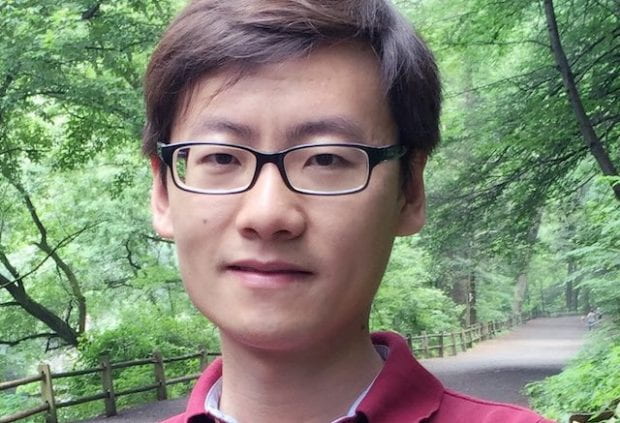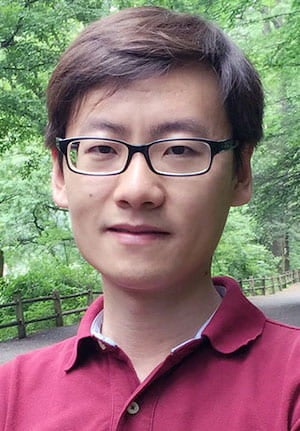By Patrick Kurp
Special to the Rice News
Ang Chen, an assistant professor of computer science at Rice University, is clearly poised for success. The National Science Foundation agrees.
The NSF has awarded Chen a five-year, $550,000 CAREER Award for rethinking how to make future networks fundamentally more secure. His proposal is titled “Programmable In-network Security” — Poise, for short.
“I think we’ll all agree that the internet has been very successfully in achieving its main mission: ubiquitous connectivity,” Chen said. “However, in the current internet design, this can sometimes come at the cost of security. More and more, attacks are on the rise, so we urgently need a way to rectify that.
“In the Poise project, we believe the next generation of the internet should support security as an equally important goal,” he said. “In fact, we think we have a solution to make future networks support security as naturally as how today’s networks support online connectivity. We are developing new scientific foundations for network security, which we hope would have a lasting impact for the next-generation network.”
First, Chen explained, Poise would transform programmable switches into defense platforms by building security applications into them. Next, his strategy would turn a network of programmable switches into a “defense fleet” by designing security applications into network paths and synchronizing them for whole-network defense. Poise would ensure that the defense applications would themselves be secure against attacks.
“In its ultimate form, a Poise network would toggle a variety of defenses rapidly on and off as attacks flow through, mitigating them in real time,” Chen said.
Chen earned a bachelor’s degree in information security from Wuhan University, China, in 2009, and a Ph.D. in computer and information science from the University of Pennsylvania in 2017, the year he joined the Rice faculty.
The Faculty Early Career Development (CAREER) Program is an NSF-wide effort in support of young faculty who have the potential to serve as academic role models in research and education and to lead advances in their fields. The grants, among the most competitive awarded by the NSF, go to fewer than 400 scholars each year across all disciplines.


